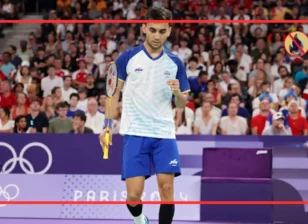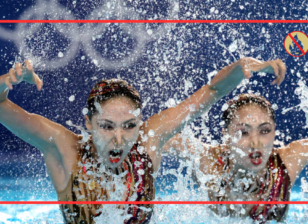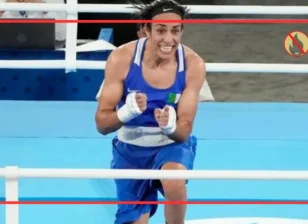Cases of Human Rights Violations in France: A Comprehensive Review
France, a multiparty constitutional democracy with a rich cultural legacy, is well-known for its steadfast adherence to democratic ideals. The country’s administrative structure, headed by President Emmanuel Macron, consists of the National Assembly, the Ministry of the Interior, civilian national police forces, gendarmerie units, and the Ministry of Armed Forces, among other institutions. It also has an electoral college. But recent events have brought to light alarming human rights concerns in the nation. Such as crimes against various marginalised communities, violence against journalists, anti-Semitism, and difficulties upholding the rule of law and civil liberties.
Historical Context
Human rights breaches in France have a historical background that spans several eras, including the World Wars, post-colonial transitions, and the development of civil society. France has struggled over the years to resolve important concerns including defending the rights of minorities. It returns stolen cultural property, and upholds the rules pertaining to the freedom of assembly and speech.
Protection of Journalists and Press Freedom
Regarding the safety of journalists and the frequency of violence against them, France has encountered substantial obstacles. Press freedom in the nation is seriously under threat due to incidents of intimidation, threats, and violence against journalists. In addition, the presence of criminal defamation laws has made matters more complex and restricted the media’s freedom to report without fear of retaliation.
Targeted Crimes and Discrimination
Instances of hate crimes and prejudice against different communities, such as Muslims, immigrants, members of ethnic minorities, and LGBTQ+ people, have also become a major problem in France. A sense of impunity and mistrust among impacted groups has resulted from the government’s repeated failures to effectively investigate. It prosecute violations of human rights, undermining efforts to resolve these systemic issues.
Overseas Administrative Divisions and Human Rights
The human rights difficulties posed by France’s overseas administrative divisions, particularly its overseas territories and collectivities, are distinct. There have been concerns expressed about the conditions in prisons and detention facilities, including high occupancy rates, dirty surroundings, and overcrowding. The situation has become more complex due to concerns regarding pretrial detention and the general operation of the judiciary. These issues have called into question the independence of the judiciary as well as the effectiveness of civil legal processes and remedies.
Restitution of Stolen Cultural Property and Nazi-Looted Art
France’s stance to correcting historical injustices has been made clear by its efforts to respect international agreements like the Washington Principles on Nazi-confiscated art and the Terezin Declaration. The recent restitution of a Klimt masterpiece and other Nazi-looted paintings have drawn attention to the difficulties in mediating conflicts and guaranteeing the correct return of cultural property that has been taken. In an effort to right historical wrongs, France established an independent mission to return cultural property that has been stolen.
Security Legislation and Surveillance Measures
France implemented the 2017 law on Internal Security and Counterterrorism (SILT) in response to rising security concerns. Although the law’s goal was to improve national security, discussions concerning private rights and the possibility of illegal interference have been triggered by its provisions. It pertains to identity checks, search and seizure powers, and surveillance. Concerns concerning how to strike a balance between protecting civil liberties and enforcing security measures. It has also been highlighted by the Upholding Republican Values bill’s implementation, notably with regard to hate speech and online hate speech.
Upholding Republican Values and Freedom of Assembly
There are concerns regarding the government’s commitment to maintaining Republican values in light of the surveillance and shutdown of religious organisations as well as the security laws pertaining to protests. The fundamental values of any democratic society, the freedom of peaceful assembly and association, have been called into question by strict rules and monitoring measures. This has sparked discussions about how to strike a balance between security imperatives and civil liberties.
Conclusion
The difficulty of striking a careful balance between security considerations and the defence of fundamental liberties is demonstrated by France’s continuous battle to remedy abuses of human rights. For the nation to continue to advance, fundamental changes that address concerns like press freedom, discrimination, judicial independence, and the return of cultural artefacts are still required. Although France has taken action to address these issues, more needs to be done to promote an inclusive and equitable society. It includes consistent efforts and a commitment to upholding human rights standards.





